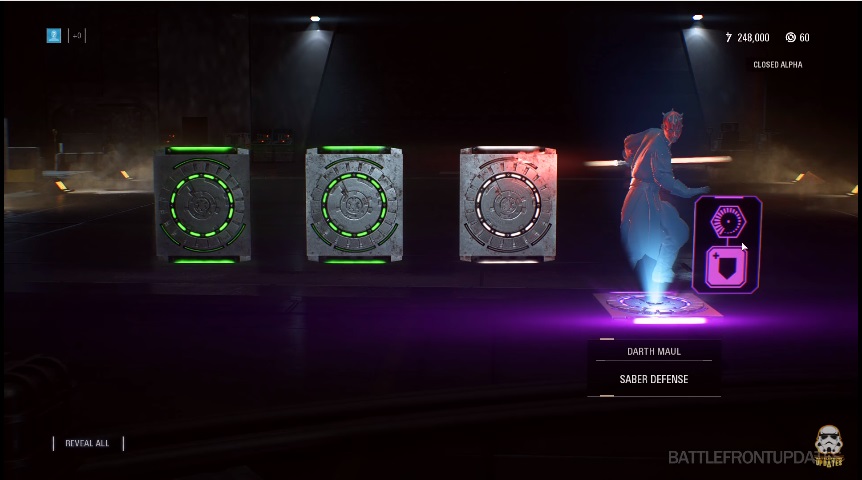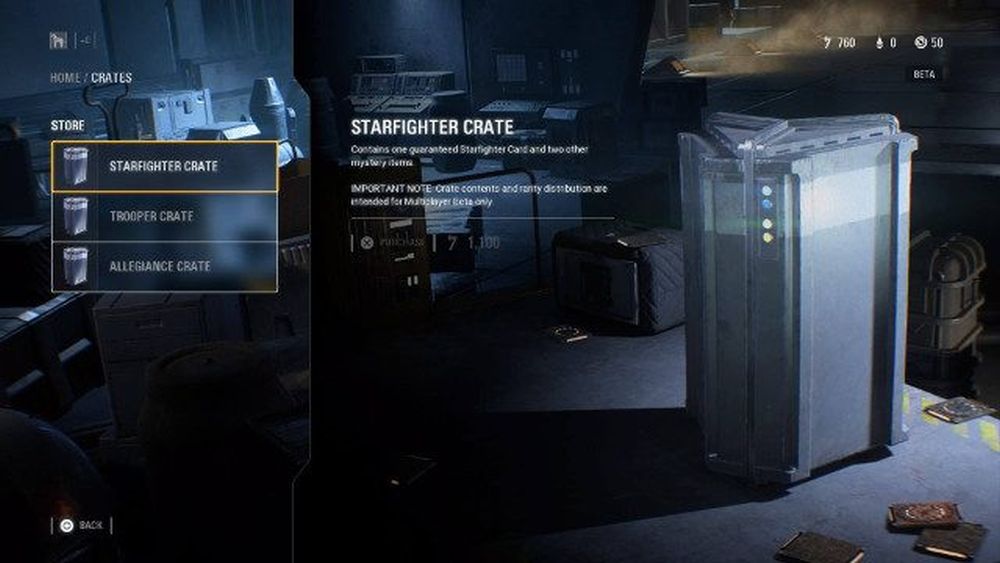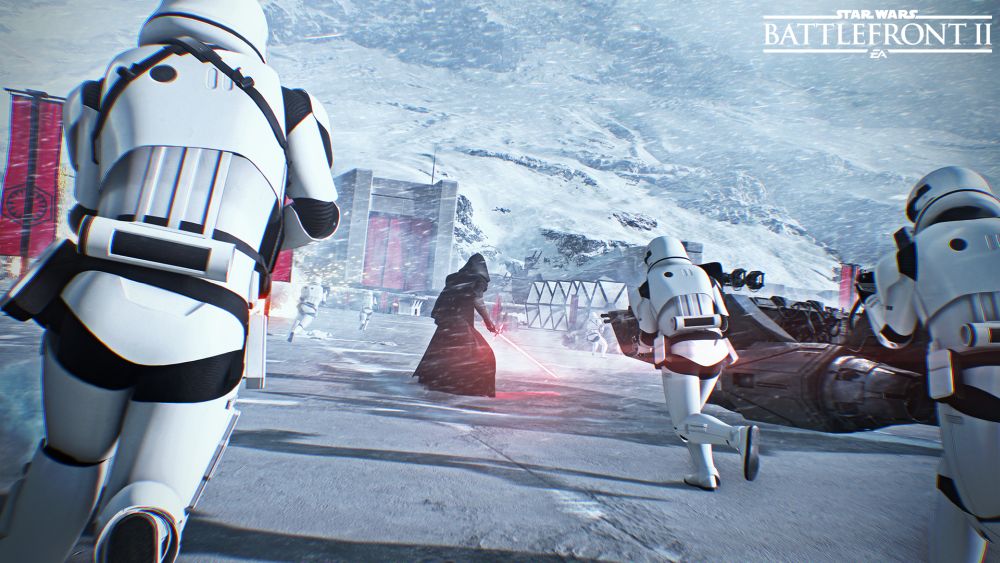Gamers in the US under the age of 21 might soon be unable to purchase in-game loot boxes of their favorite video game.
Chris Lee, a Hawaiian representative in the Hawaii House of Representatives, recently submitted two bills – Bill 2686 and 3024 – in to the Hawaii state house. The bills, if passed, will officially ban video games “that contain a system of further purchasing a randomised reward or virtual item that can be redeemed to directly or indirectly receive a randomised reward” to gamers under 21 years old.
Lee reasons that these loot boxes are akin to gambling; purchasing these ‘randomised rewards’ can usually be obtained with real money and, much like gambling, consumers won’t know what they’ve gotten until they have been opened.

Lee also submitted two more bills, Bill 2727 and 3025, which further stipulates that video game publishers must “prominently label games containing such randomised purchase systems,” and also to disclose the probability rates of actually receiving the reward.
“Unlike at casinos, there is rarely disclosure of the odds of winning items of value in loot boxes or in-game gambling-like mechanics,” said the bill. “There are no gaming commissions to ensure players are being treated fairly and not exploited by gambling-like mechanics which do not pay out as advertised.”

That said, it’s interesting that none of the bills submitted seem to prohibit the sale of games that use microtransactions, which have been around the video game industry for a long time; its function is often used by developers who market their games as Gaming As A Service (GAAS) titles. Unsurprisingly, the service has proven to be very lucrative, with companies such as Activision earning as much as US$4 billion (~RM15 billion) in microtransactions alone.
Video games loot boxes aren’t new either. The concept first came to light as early as 2007, but was only made prominent with Blizzard’s popular team-based shooter, Overwatch. The reward system only began courting controversy with how video games publisher Electronic Arts (EA) handled its loot box system for Star Wars Battlefront 2.

In-game, EA offered players loot boxes that contained powerful character upgrades, allowing them to jump ahead of other players, provided they had the money to buy them, thus turning it into a ‘pay to win’ system. The concept was poorly conceived, and because of the severe backlash from fans of the genre, EA ultimately pulled the plug on the system temporarily.
To be fair, Lee’s desire to have these bills passed isn’t coming from a dark place. He reasons that he just wants to protect teenagers from ‘predatory behaviour’ by companies such as EA. Lee argued that Battlefront 2 was nothing short of a “Star Wars-themed online casino designed to lure kids into spending money,” and that it compelled many folks into spending thousands of dollars on loot boxes.
(Sources: Hawaii Tribune Herald via Digital Trends, Polygon, Hot Hardware)
Follow us on Instagram, Facebook, Twitter or Telegram for more updates and breaking news.



